Japan Nuclear Radiation Higher Than Estimated
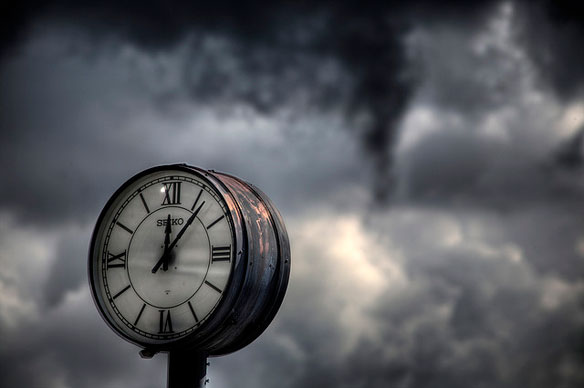
The Fukushima nuclear disaster released twice as much of a radioactive substance into the atmosphere as Japanese authorities estimated, reaching 40 percent of the total from Chernobyl, a preliminary report says
Up to 20 million tons of debris from Japan’s tsunami moving toward Hawaii
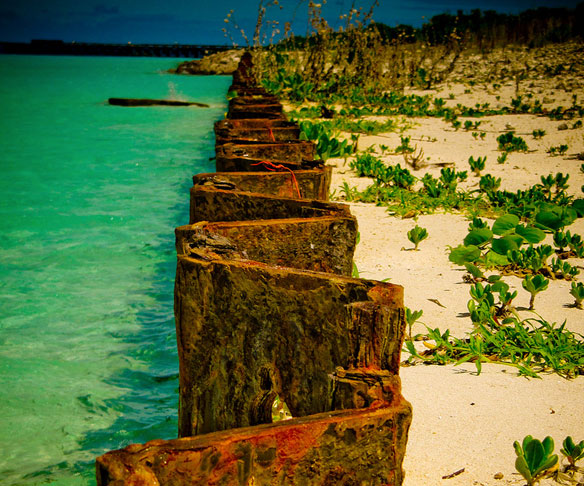
Up to 20 million tons of debris from the Japanese earthquake and tsunami in March, is traveling faster than expected and could reach the U.S. West Coast in three years. The marine debris were recently spotted by a Russian ship’s crew.
Tsunami Debris Found 3,000 km From Japan Coast
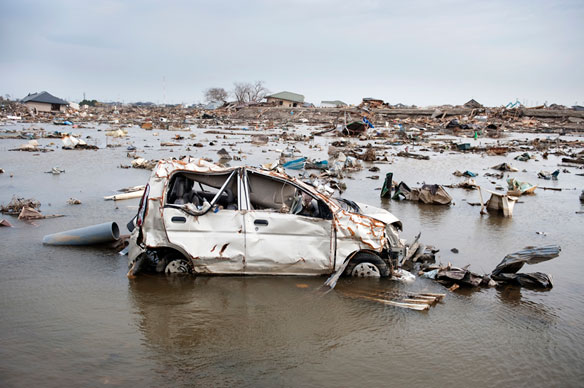
A Russian ship has found debris from the Japanese tsunami, including a fishing boat, floating adrift in the Pacific thousands of kilometres from the disaster zone, a Hawaiian research group said.
Ocean-Island Landslide At Tenerife: Onshore Record And Long-Term Effects
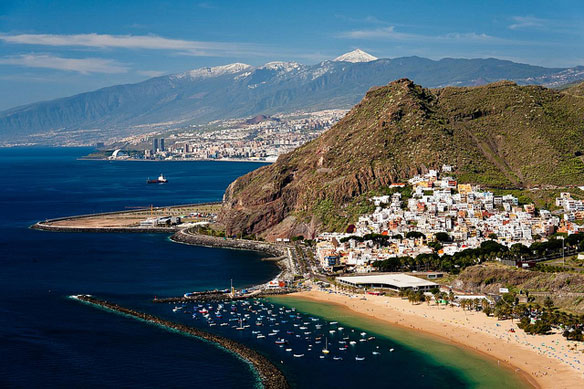
Volcanologists have uncovered one of the world’s best-preserved accessible onshore remains of a monstrous landslide that followed a huge volcanic eruption on the Canarian island of Tenerife. Tsunamis generated from such events may travel to devastate coastlines thousands of miles away.
Japan finds radiation in rice, more tests planned
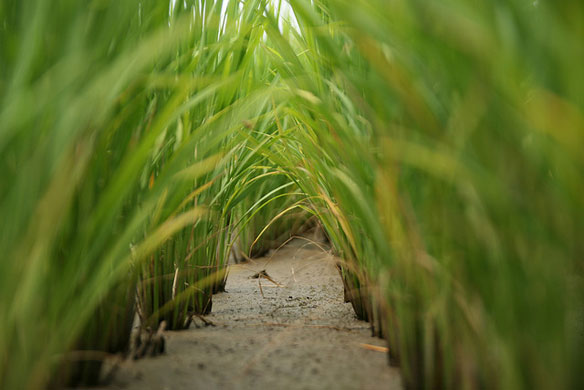
Japan is ordering more tests on rice growing near Fukushima Dai-ichi nuclear power plant, after finding elevated levels of radiation, government officials said Saturday.
Fukushima nuclear disaster: truth beginning to emerge
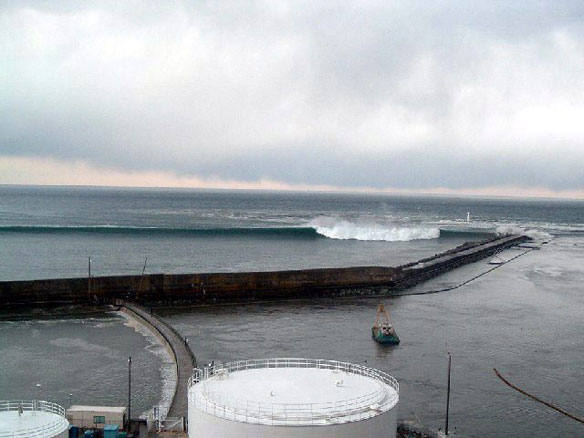
One of the most serious civil nuclear accident took place on March 11, 2011 when Japan Fukushima Daiichi nuclear power plant was hit by a earthquake and tsunami. Criticism of the handling of the aftermath of the disaster abound, as the world is now watching new Japan’s PM strategies to deal with the current crisis, and the truth is finally beginning to emerge.
Greenpeace calls on new Japan PM to delay school start for Fukushima kids

Greenpeace called on the Japan’s incoming Prime Minister to delay the September 1st opening of schools in Fukushima City, after a Greenpeace radiation monitoring team found dose rates exceeding international safety standards.
Fukushima’s Unspeakable Reality
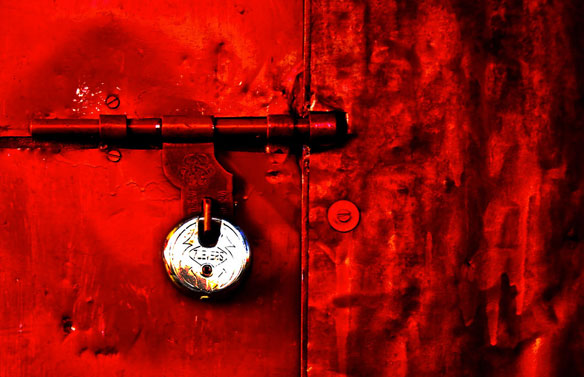
Australia’s CBS exposed the “unspeakable” realities of the Japanese catastrophe in its 60 Minutes program, during which leading nuclear scientist Dr. Michio Kaku said radiation from Fukushima will impact all of humanity.
Tsunami Observed by Radar, May Lead to Better Early Warning Systems
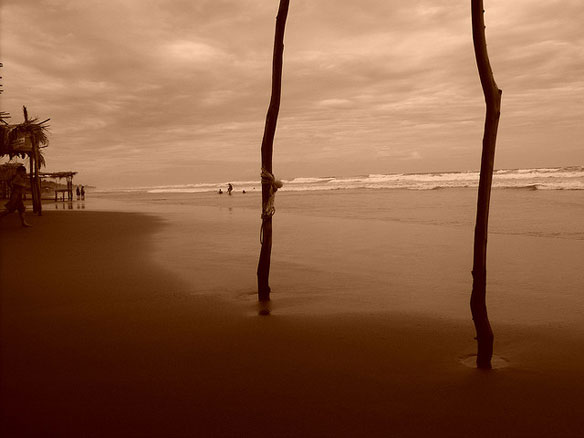
The tsunami that devastated Japan on March 11 was picked up by high-frequency radar in California and Japan as it swept toward their coasts, according to U.S. and Japanese scientists. This is the first time that a tsunami has been observed by radar, raising the possibility of new early warning systems.
